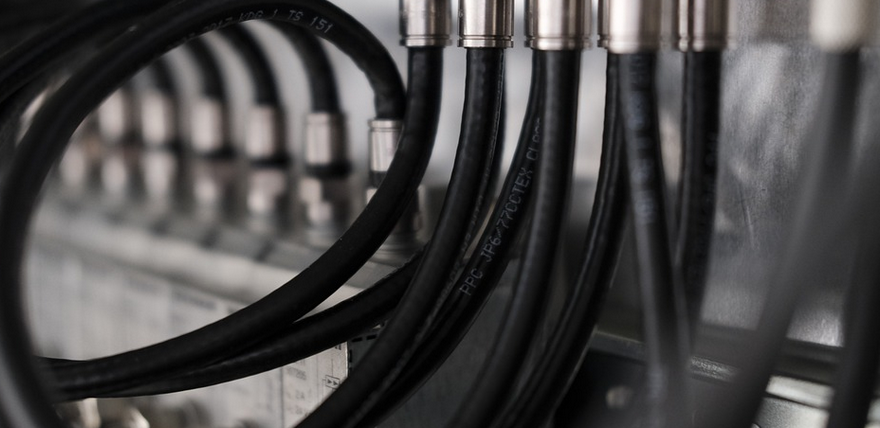A Deep Dive into Maintaining Your Transmission
There’s a certain magic to driving, and for many of us, that involves smooth gear changes, effortless acceleration, and the quiet hum of our trusty transmission. But as your car ages, especially if it has hit high mileage, questions about its maintenance naturally arise. One of these key questions is: Can you still change the transmission fluid even with a high mileage vehicle?
While many people hesitate due to concerns about potential complications, changing the transmission fluid on high-mileage vehicles isn’t just beneficial; it’s often crucial for maintaining your car’s health and longevity. Think of your transmission as the engine’s nervous system – it needs regular care and attention to ensure optimal performance.
Here’s a breakdown of why changing transmission fluid on high-mileage vehicles is essential, even if you fear introducing more wear and tear:
The Importance of Transmission Fluid
Transmission fluid acts as the lifeblood of your vehicle’s gearbox. It lubricates moving parts, cools down hot gears, and cleans out debris that accumulates over time, effectively keeping everything running smoothly. However, like any other fluid in your car, transmission fluid can deteriorate with age, mileage, and environmental factors.
Over time, this deterioration can lead to:
- Increased friction
- Wear and tear on gears and other moving components
- Less efficient shifting
- Damage to the transmission itself.
The consequences of neglecting this maintenance can be costly, from sluggish acceleration to complete transmission failure.
Benefits of Regular Fluid Change for High Mileage
Regularly changing your transmission fluid is a cost-effective way to extend the life of your vehicle and prevent expensive repairs down the road.
Here are some key benefits:
- **Improved shifting:** Fresh transmission fluid allows for smoother gear changes, making your driving experience more enjoyable.
- **Increased efficiency**: A clean transmission performs better and minimizes fuel consumption.
- **Reduced friction and wear**: This reduces the overall stress on the transmission components and extends its lifespan.
- **Prolonged performance:** By staying proactive, you can prevent costly repairs down the line and keep your vehicle running smoothly for years to come.
While regular maintenance is always important, it holds even more significance for high-mileage vehicles. You’re essentially preventing a gradual decline in performance into a potential breakdown.
Why It’s Not “Bad”
Many people believe that changing transmission fluid on high-mileage cars will cause more damage, but this is not true. In fact, it can be one of the best ways to keep your car healthy and running smoothly for years to come.
Here’s why:
- **Cleaning up:** Transmission fluid acts like a cleaning agent, removing debris and sediment from the gearbox. This helps prevent build-up that can lead to more serious problems.
- **Lubrication:** Fresh transmission fluid ensures smooth operation of all gears and reduces wear and tear on moving components.
- **Improved functionality:** A well-maintained transmission will shift smoothly, providing a better driving experience.
- **Extended lifespan:** By maintaining the transmission’s health, you help ensure it lasts longer, potentially extending your vehicle’s life significantly.
How to Get It Done Right:
Changing transmission fluid should be performed by a qualified mechanic. This is especially important on high-mileage vehicles where the risks of improper service are higher.
Here’s what you can do:
- **Find a reliable mechanic:** Research mechanics with good reviews and experience in handling transmission work.
- **Ask about specific needs:** Before scheduling an appointment, clarify your vehicle’s history (mileage, age, etc.) and ask for recommendations on the type of fluid and filter needed for your specific model.
- **Stay informed:** Ask questions throughout the process to ensure you understand the work being done and the expected results. You’ll be glad you did!
Proactive Maintenance For Long-Term Success:
While regular transmission fluid changes are crucial, remember that proactive maintenance is key to any vehicle’s longevity. This includes:
- **Regular checks and inspections:** Stay on top of your car’s service schedule to spot potential issues early on.
- **Use high-quality fluids:** Investing in premium transmission fluid helps ensure optimal performance and extended lifespan.
- **Drive smoothly**: Avoid aggressive acceleration, hard braking, and rapid shifting to minimize wear and tear on your transmission.
- **Keep an eye out for leaks:** Inspect for any signs of leaks under the car after each service to catch problems early on.
A Smooth Ride Ahead:
In conclusion, changing transmission fluid on high-mileage vehicles is not just about extending its life; it’s about maintaining a smooth and enjoyable driving experience for years to come. It’s an investment in your vehicle’s future that pays off with improved performance and reliability.
Don’t let the fear of complexity deter you from taking care of your car – regular maintenance is key to preserving its value and ensuring a smooth ride ahead.



